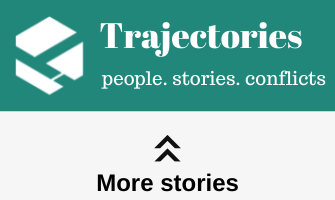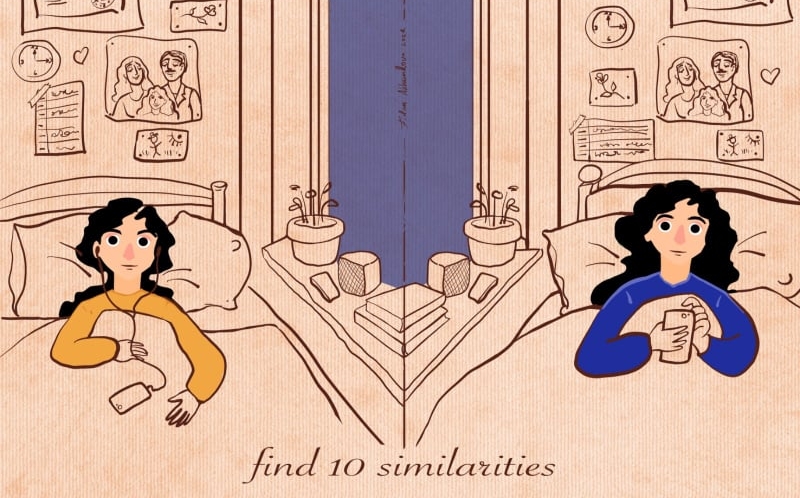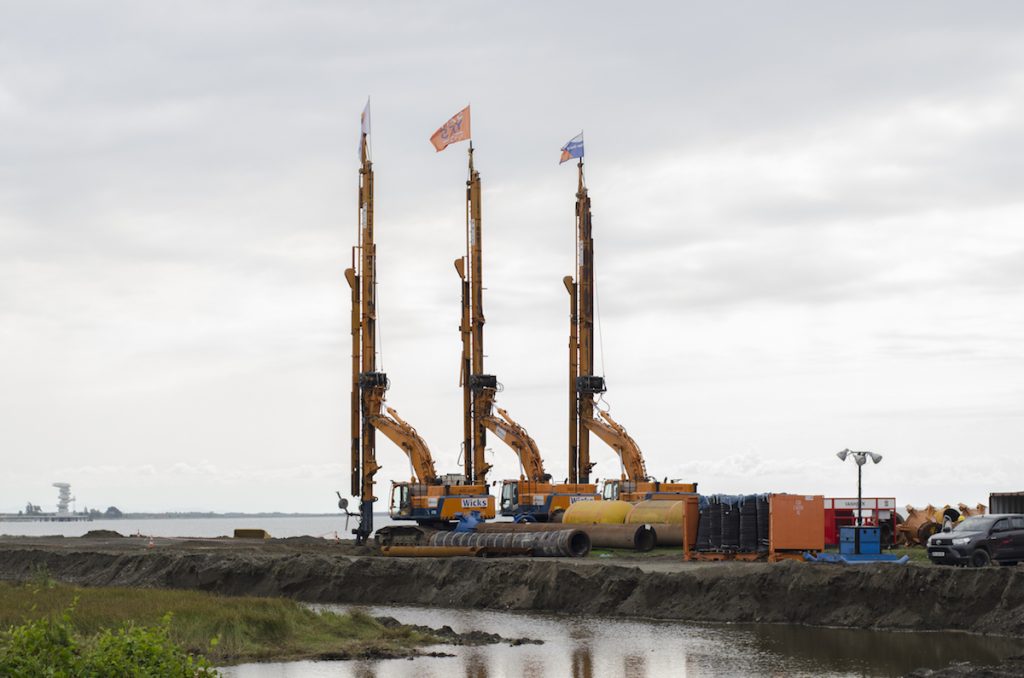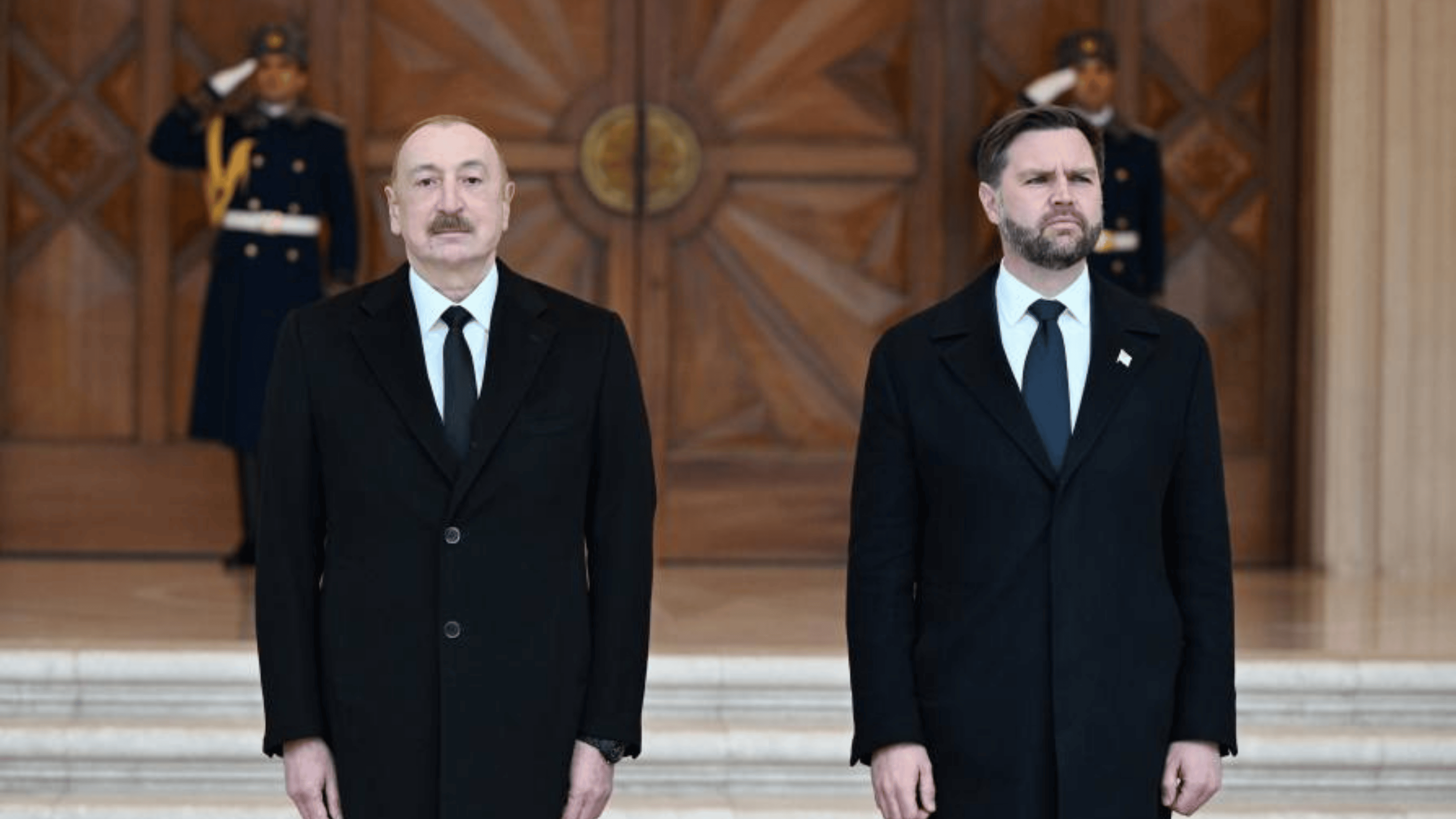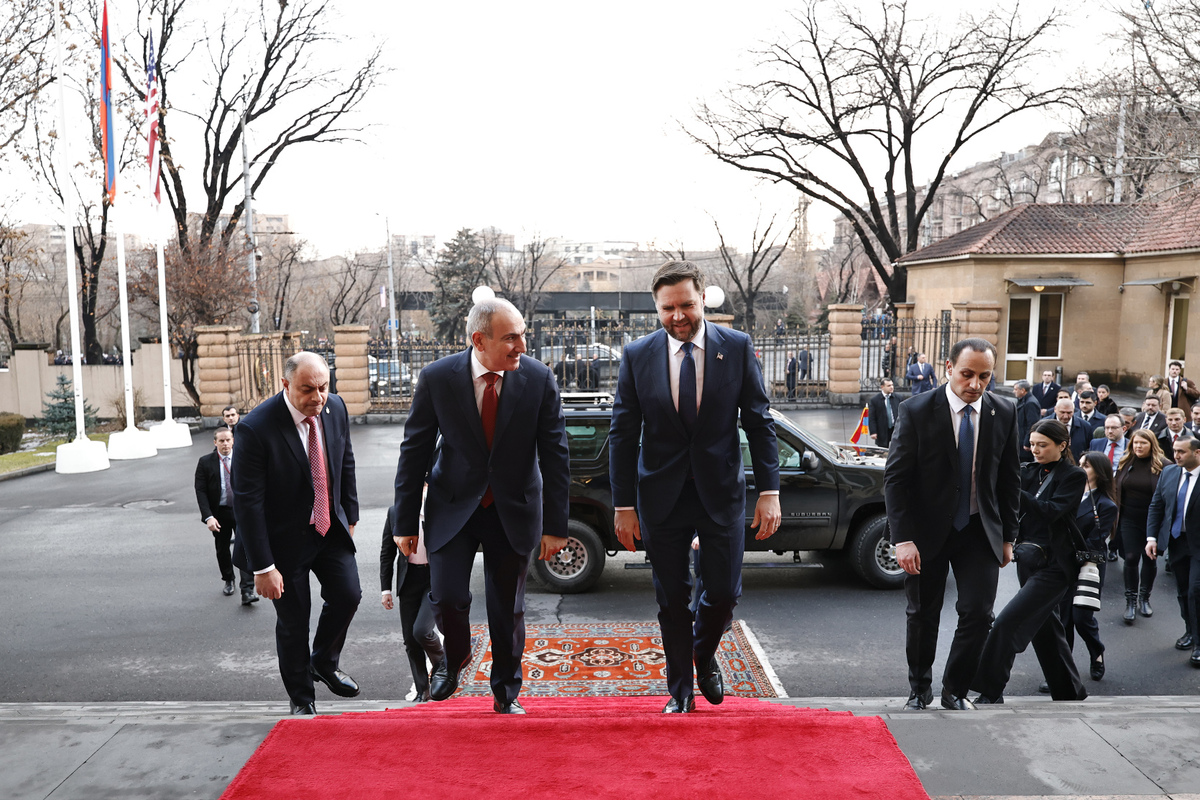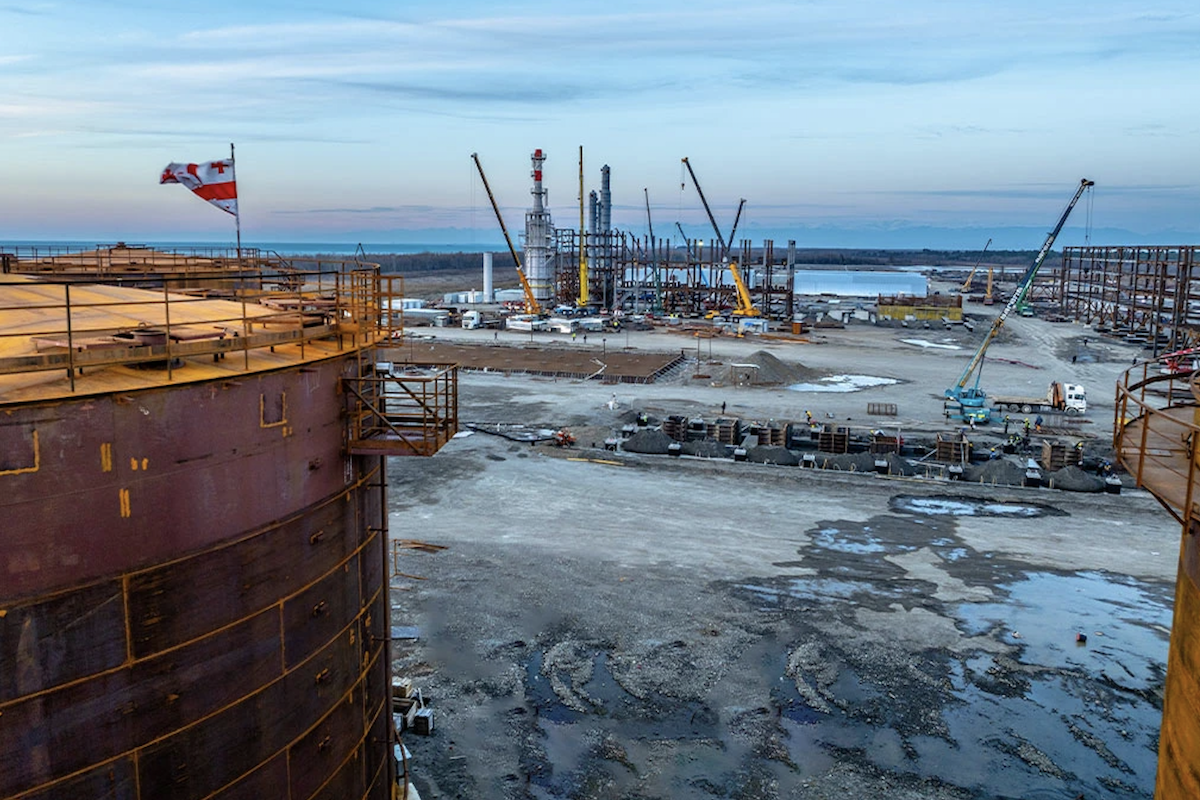How the Karabakh war changed my life - a story of Helen from Yerevan
People and Karabakh conflict
Helen Muradyan lives in Yerevan and shares her story with the Trajectories project.
The war accompanies me literally from the first days of my life since I was born during the first Krabakh war – in 1992. Then there were still two years left before the end of the war, but it actually has not ended even today, thirty years later.
At a more or less conscious age, after that war, I heard that the neighbor guys Armen and Yerem fought in war and were wounded.
I did not understand the meaning of war and why there were wars at all. I didn’t know much about Artsakh (Karabakh) either. But years passed, and I not only learned a lot about the war but also felt it myself.
In the very first days of the 44-day war that began on September 27, 2020, one of my twin brothers was called to the draft board.
Up to this point, we had hoped that, like during the four-day war in April 2016, the brothers would not get drafted. But one of them was.
And we saw him off, saying various parting words, but at the same time drowning out the feeling of horror, since the news that came from the front left no hope.
But he returned … two hours later. The military registration and enlistment office said that tankers were not needed yet and when they needed them, they would get in touch.
The backpack with the essentials that we collected for my brother lay on the sofa throughout the war. For 44 days, we were horrified by every phone call, expecting that, after hanging up, he would say: they are calling me, I must go.
Sometimes, we could not help but feel powerless: “We won’t let him go if they call from the military enlistment office, we won’t be able to, we won’t stand it”.
He was never called. My brother stayed to live, stayed next to us. And the brothers of many other women did not return.
- Karabakh: another escalation or a new war? How is it related to the war in Ukraine?
- Within hand’s reach, but miles apart: Armenians and Azerbaijanis in the post-war Karabakh
- Azerbaijani officer’s account of the second Karabakh war
Horus, the nephew of our neighbor Narine, did not return either. He went to fight on September 28, and on November 9 a memorial service was held for him.
And when the summons came to the son of another neighbor, he did not go to the military registration and enlistment office. He said that he fell, injured his leg and could not walk.
The day after that, I saw him on the street. He was going somewhere.
The first thing I thought was: “Coward!”. And then I tried to see things from his point of view: after all, he was married, he had two children. Maybe that’s why the “foot hurt”?
Or maybe if he showed up at the military registration and enlistment office, they would also tell him go home, like they told my brother? But he could also be sent to one of the hot spots, and he would die there, like Horus.
In the apartment building where we live, everyone knows each other. And the next year, the time comes for the son of our third neighbor to be drafted into the army.
He was still a child, and his mother said openly: “I hope the Artsakh issue will be resolved by the time it is time for him to serve in the army”.
The time for the compulsory military service is just around the corner, and the issue is not only unresolved, but remains even more dubious. The smell of gunpowder is always in the air, the guns do not stop.
Speaking and thinking about the war, we sometimes forget about the Azerbaijanis, that even their young guys go to war, not knowing whether they will return.
And over there, women think about their brothers and husbands and experience the same sense of powerlessness that we do here.
And Azerbaijani guys too, are going to serve in the army and promise to return – and never come back.
The war – even the past one, even the one that formally ended – does not spare anyone. Its influence continues to be felt – when it is scary to think about the future, when you desperatelywant to hide from reality, and when you realize how oppressive this reality is.
Many are beginning to think about emigration.
In 2020, my son was born. This, of course, is a very happy event. But now I think all the time, as my neighbor once thought: “The Artsakh problem will be solved before my son is drafted into the army.” But will it be resolved?
Trajectories is a media project that tells stories of people whose lives have been impacted by conflicts in the South Caucasus. We work with authors and editors from across the South Caucasus and do not support any one side in any conflict. The publications on this page are solely the responsibility of the authors. In the majority of cases, toponyms are those used in the author’s society. The project is implemented by GoGroup Media and International Alert and is funded by the European Union



